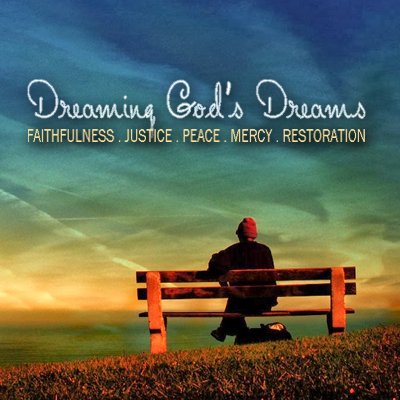Happy Holy Days
Series: Happy Holy Days - Part 1
Sunday, November 27, 2022
John 1:1-5, 9-14; Romans 1:20; Psalm 19:1-4; 148:1-6
Ever since the creation of the world, God’s invisible qualities—God’s eternal power and divine nature—have been clearly seen, because they are understood through the things God has made.
Romans 1:20 (CEB)
Listen to this week’s sermon here:
____________________
As the light dwindled in the sky and the days grew shorter, the ancients wondered what was happening to the sun. Their shamans and storytellers supplied the answers. Gods and goddesses were fighting for the survival of all life, playing games in the sky or battling each other for supremacy.
Ancient peoples worked to be in balance with the forces of nature as they understood them. Many cultures carefully watched the sun so that they would know when to plant, when to harvest and when to batten down the hatches for winter.
What people do not know or understand, they make up stories to explain.
What the ancients feared, they named so that they could understand it in some way.
There are common patterns with Deities representing the sun or the light as the central theme. At latitudes where the tilt of the earth causes the sun to dip very low, tales are told where the threat to the sun is mortal so the people must come forward in the sun's defense. Closer to the equator, we will sometimes see the sun as simply losing interest or a diminishing of its capacity to perform its duty so the festivals and ceremonies are to remind of, or bind it to, its task
These days, most people think back on the mythical explanations that forces of nature were gods and goddesses as quaint legends…
...We have forgotten what it is to huddle in a fire-lit cave while thunder splits the night sky with sound and shakes the earth around us, so we no longer need know the names of the thunder gods to assure us there is some kind of order in the universe.
__________
While we easily chalk up solstice celebrations to ancient myths and legends, we must not forget that the ancient peoples who wrote our own religious history relied heavily on these stories to make sense of their universe. It is no accident that the God’s first word in Genesis 1 is “Let there be Light,” nor is it any wonder that John begins his gospel with a declaration that Jesus, the Christ, is the Light of the World which came into the darkness and the darkness does not overcome it.
The details and characters of the solstice stories vary by culture and historical period, but we cannot take Christmas seriously without acknowledging this history. Long before Jesus was born in Bethlehem, Paul tells us that God’s invisible qualities were clearly seen through the things that God had made… especially the Sun, which was almost universally worshipped by ancient peoples. As St. Patrick taught the ancient Celtic people, the sun points us to an even greater eternal light.
In whatever form or place light shines in the darkness this holiday season, let us sing forth the glory of God.



